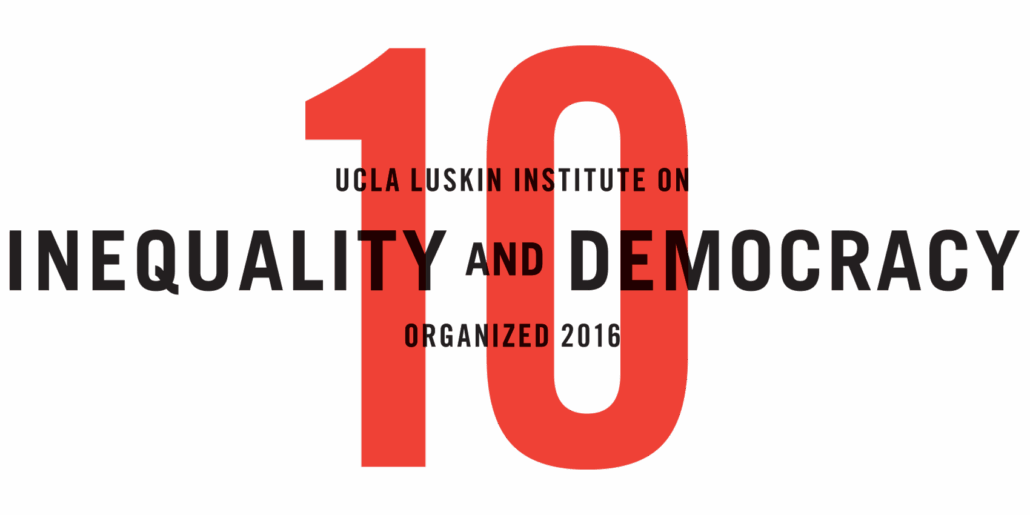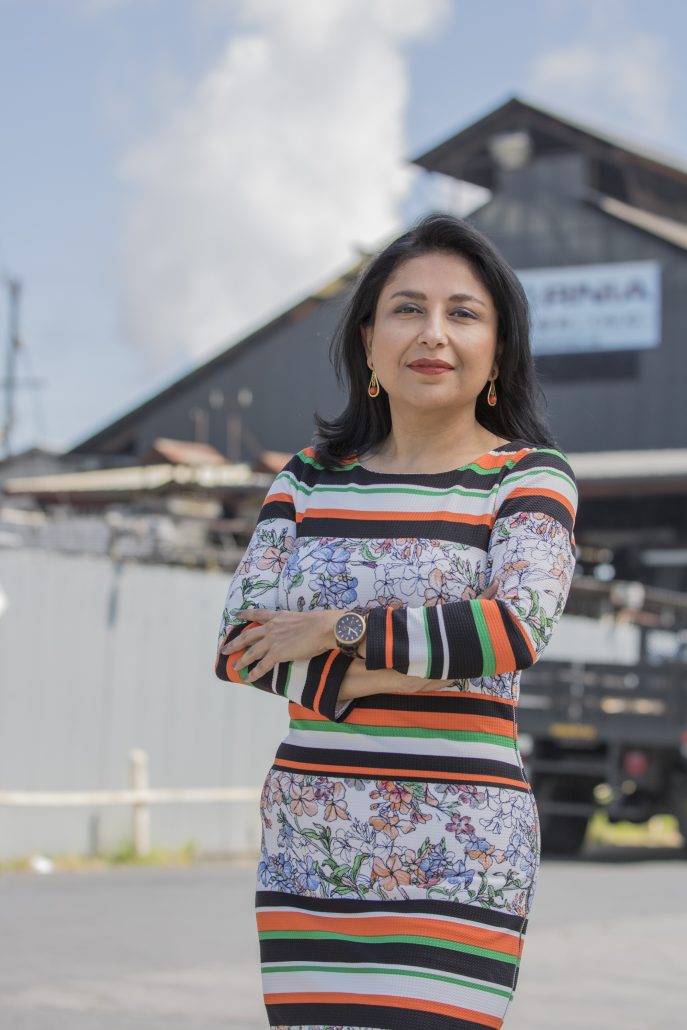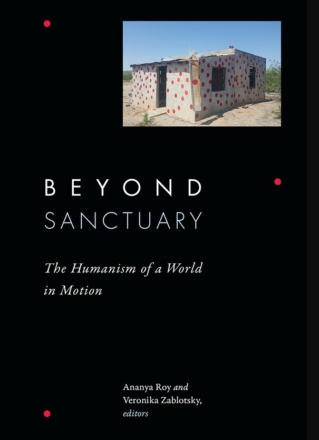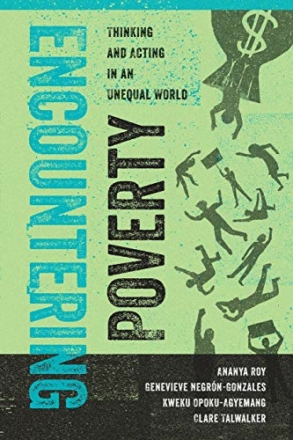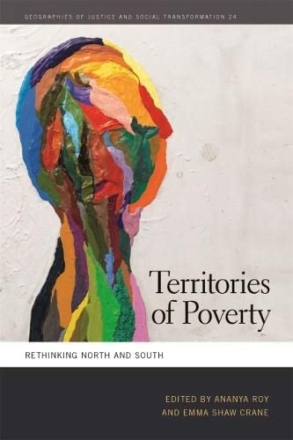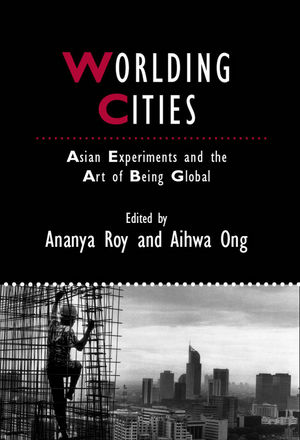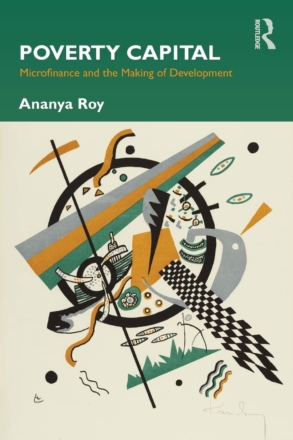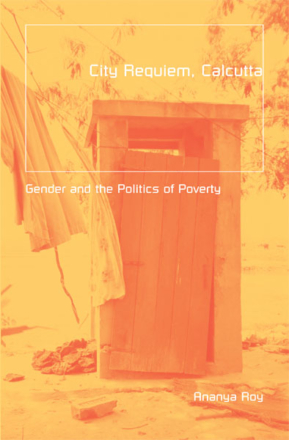Ananya Roy
Founding Director of the UCLA Luskin Institute on Inequality and Democracy
Professor of Urban Planning, Social Welfare, and Geography
The Meyer and Renee Luskin Chair in Inequality and Democracy
Biography
Ananya Roy is Professor of Urban Planning, Social Welfare, and Geography and The Meyer and Renee Luskin Chair in Inequality and Democracy at the University of California, Los Angeles. She is the founding Director of the UCLA Luskin Institute on Inequality and Democracy.
Ananya is a scholar of global racial capitalism and postcolonial development whose research is concerned with the political economy and politics of dispossession and displacement. With theoretical commitments to postcolonial studies, Black studies, and feminist theory, she seeks to shift conceptual frameworks and methodologies in urban studies to take account of the colonial-racial logics that structure space and place. As a researcher, Ananya strives to advance research justice, by which she means accountability to communities directly impacted by state-organized violence. At the very heart of her work is an insistence on the transformation of the public university – through teaching, public scholarship, and community engagement – so that it can be a force for social justice.
Ananya’s most recent book is Beyond Sanctuary: The Humanism of a World in Motion, which builds on a Mellon Foundation Sawyer Seminar on Sanctuary Spaces: Reworlding Humanism. Thinking across Europe and the United States, this work is concerned with the place of racial others in the liberal democracies of the West. At a time of resurgent white nationalism, Beyond Sanctuary foregrounds migrant movements and their imaginations and practices of abolition and decolonization.
Housing justice has been at the center of Ananya’s work for many years now. She led a National Science Foundation Research Coordination Network on Housing Justice in Unequal Cities, which created a global field of inquiry into housing justice shared by university and movement scholars. Her ongoing scholarship, organized in the form of insurgent research collectives at the Institute, is concerned with the liberal governance of mass homelessness and has been supported by research foundations such as the Russell Sage Foundation. From Echo Park Lake to Aetna Street, such work centers encampment geographies and poor people’s histories. Ananya is currently working on a monograph on racial banishment, the expulsion and social death of working-class communities of color through racialized policing and other forms of dispossession.
Ananya is a 2020 Freedom Scholar, an award bestowed by the Marguerite Casey Foundation and Group Health Foundation to scholars who advance social and racial justice. In 2022, Ananya was awarded an honorary doctorate by the University of Geneva. Along with Robin D.G. Kelley, she currently leads a Mellon Foundation Higher Learning endeavor titled Housing the Third Reconstruction.
Books
Beyond Sanctuary: The Humanism of a World in Motion
by Ananya Roy and Veronika Zablotsky via Duke University Press
Encountering Poverty: Thinking and Acting in an Unequal World
by Ananya Roy, Kweku Opoku-Agyemang, Genevieve Negrón-Gonzales, and Clare Talwalker (Authors) via University of California Press
Territories of Poverty: Rethinking North and South
by Ananya Roy and Emma Shaw Crane (Editors) via University of Georgia Press
Worlding Cities: Asian Urban Experiments and the Art of Being Global
by Ananya Roy and Aihwa Ong (Editors) via Wiley Blackwell
Poverty Capital: Microfinance and the Making of Development
by Ananya Roy (Author) via Routledge
City Requiem, Calcutta: Gender and the Politics of Poverty
by Ananya Roy (Author) via University of Minnesota Press
Scholarly Writings
- Property, Personhood, and Police: The Making of Race and Space Through Nuisance Law
October 27, 2021 – Article via Antipode
- The City in the Age of Trumpism: From Sanctuary to Abolition
February 20, 2019 – Article via Environment and Planning D: Society and Space
- Dis/Possessive Collectivism: Property and Personhood at City’s End
March 10, 2017 – Article via Geoforum
- Who’s Afraid of Postcolonial Theory?
December 19, 2015 – Article via International Journal of Urban and Regional Research
- Why India Cannot Plan Its Cities: Informality, Insurgence, and the Idiom of Urbanization
February 1, 2009 – Article via Planning Theory
Public Sphere
- Insurgent Ground: Land, Housing, Property
May 5, 2025 – Edited volume via UCLA Luskin Institute on Inequality and Democracy
- (Dis)Placement: The Fight for Housing and Community after Echo Park Lake
March 23, 2022 – Research monograph via UCLA Luskin Institute on Inequality and Democracy
- Undoing Property: Feminist Struggle in the Time of Abolition
May 3, 2021 – Essay via Society and Space
- “Can Your Point of View Change the World?”
May 29, 2014 – Short film via The #GlobalPOV Project
- “Who Sees Poverty?”
February 4, 2014 – Short film via The #GlobalPOV Project
- “Who Is Dependent on Welfare?”
December 3, 2013 – Short film via The #GlobalPOV Project
- “Are Slums the Global Urban Future?”
July 31, 2013 – Short film via The #GlobalPOV Project
- “Who Profits from Poverty?”
May 6, 2003 – Short film via The #GlobalPOV Project
- “Can We Shop to End Poverty?”
March 11, 2013 – Short film via The #GlobalPOV Project
